A BIT ABOUT COACHING
My Approach to Coaching
At the core of Paul’s coaching philosophy is the belief that coaching is not about fixing what’s broken; it’s about elevating what’s already great. Coaching is a partnership where the client’s potential is maximized through thoughtful exploration, deep reflection, and purposeful action.
Paul’s approach to coaching is centered around six key principles:
Active Listening: Truly hearing what clients are saying—and what they aren’t—allows the identification of underlying concerns and challenges.
Exploration: Encouragement to explore thoughts and ideas fully, providing space to uncover insights that may not be immediately apparent.
Comfort with Silence: Silence can be powerful in coaching. Allowing moments of quiet gives people the time they need to process their thoughts and arrive at meaningful conclusions.
Empowering Questions: Rather than offering solutions, I focus on asking thought-provoking questions that guide clients toward their own answers.
Support Without Judgment: I support and facilitate the process without imposing personal views on what clients should do. This non-judgmental approach creates a safe space for clients to explore their options.
Belief in Potential: I firmly believes that every client can explore their path and find success. This belief is at the heart of my coaching practice, driving a commitment to helping clients achieve their goals.
This approach has helped numerous leaders gain clarity, build confidence, and navigate leadership challenges with renewed purpose.
Whether it’s through one-on-one coaching or group sessions, I and dedicated to helping professionals lead with authenticity, confidence, and impact.
Coaching Basics
At its core, professional development coaching is about more than just setting goals—it’s about discovering your potential and making meaningful strides in your career.
Think of coaching as a partnership where you explore new ideas, challenge old assumptions, and unlock the strengths you already possess. Through thoughtful conversations, powerful questions, and a safe space to explore your thoughts, professional coaching helps you gain clarity, enhance your skills, and achieve a balance that works for you.
Frequently Asked Questions About Coachiing
What is professional development coaching?
Professional development coaching is a process where a certified coach works with individuals to help them achieve personal and professional goals. It focuses on enhancing skills, performance, and leadership potential, with the aim of fostering career growth and self-awareness. Coaches help clients gain clarity, set actionable goals, and overcome obstacles in the workplace.
How is coaching different from mentoring?
Coaching is a goal-oriented, action-focused process that helps individuals improve specific skills or achieve career goals. Unlike mentoring, which involves guidance from someone with more experience, coaching is centered around facilitating self-discovery and development. Coaching focuses on professional growth and performance improvement.
What are the benefits of professional development coaching?
Coaching offers several benefits, including:
-
Improved performance: Develop stronger skills and achieve better results at work.
-
Goal achievement: Coaches provide accountability, helping you stay on track and reach your objectives.
-
Increased self-awareness: Gain insight into your strengths, challenges, and leadership style.
-
Career advancement: Strengthen the skills needed to progress in your career and take on new leadership roles.
How long does professional development coaching take?
Coaching programs typically last anywhere from 3 to 12 months, with sessions taking place monthly. The exact duration depends on the individual’s goals and the depth of the coaching process. Short-term coaching can focus on specific objectives, while longer-term coaching may involve broader personal and professional development.
What is the role of the coach in professional development?
A professional development coach acts as a facilitator, guiding clients through the process of setting goals, exploring their strengths, and developing action plans. Coaches ask thought-provoking questions, provide feedback, and offer support, but they do not give direct advice or solutions. Instead, they empower clients to make informed decisions and take ownership of their growth.
How do I know if coaching is right for me?
Coaching could be an option if you’re looking to make meaningful changes in your career or personal development. If you feel stuck in your current position, are unsure of your next steps, or want to enhance your leadership and decision-making skills, coaching can help you achieve clarity and drive progress. Coaching is also valuable if you are motivated to set goals, improve performance, or develop new skills. If you’re uncertain, many coaches offer initial consultations to discuss your needs and assess if coaching aligns with your goals.
How do I choose the right coach?
Screen them.When selecting a coach, consider their certification (look for credentials from recognised organisations like ICF or IECL), experience in your specific area of focus, and coaching style. It’s important that you feel comfortable and understood by the coach, as a strong relationship is essential for effective coaching. I will ensure we have an exploration call, which can help you determine if my approacvh and style is a good fit for your needs.
